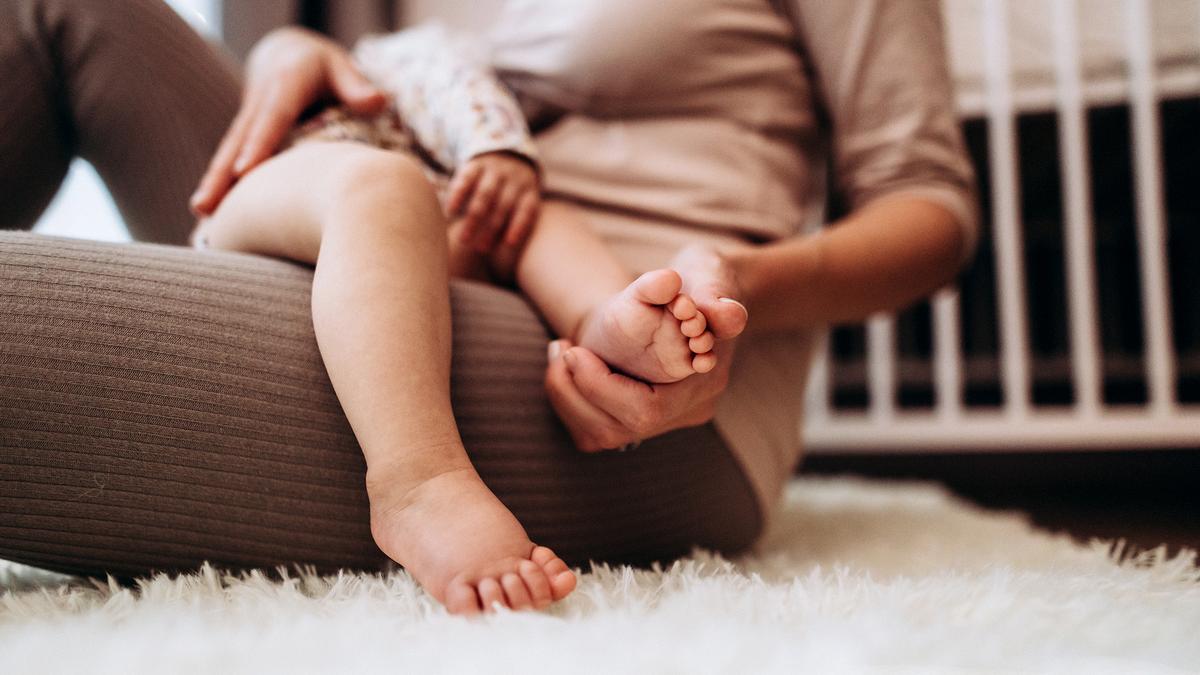

On October 13, 2025, the World Health Organization announced that the Republic of Maldives had become the first country in the world to eliminate mother-to-child transmission (EMTCT) of HIV, syphilis, and Hepatitis B virus (HBV). This validation, endorsed by the WHO Director-General after rigorous review, means that the Maldives has reduced the transmission of all three infections from mothers to newborns to levels no longer considered a public health problem. Before this milestone, 19 countries (Cuba, Malaysia, Belarus, Sri Lanka, Armenia, Moldova, Namibia, Belize, Jamaica, Saint Vincent and the Grenadines, Dominica, Thailand, Anguilla, Antigua and Barbuda, Bermuda, Cayman Islands, Montserrat, St. Kitts and Nevis and Oman) had achieved single or dual elimination of HIV and/or syphilis. Yet, none had reached the combined benchmark of eliminating all three infections.
Vertical transmission refers to the transfer of infection from a parent to a child during pregnancy, childbirth, or breastfeeding. From a clinical standpoint, it is a biological event; from an ethical perspective, it is a profound social failure. A child who acquires an infection at birth carries a burden it did not choose, often shaped by gaps in awareness, access, or social protection. Preventing vertical transmission is not merely a medical obligation but an ethical one. Allowing a newborn to inherit a preventable infection is a collective injustice that societies must strive to end. Vertical transmission has long been an indicator of equity and social justice within health systems. Its elimination represents fairness across gender, geography, and class.
For clarifications/queries, please contact Public Talk of India at:
+91-98119 03979 publictalkofindia@gmail.com

For clarifications/queries,
please contact Public Talk of India at:

